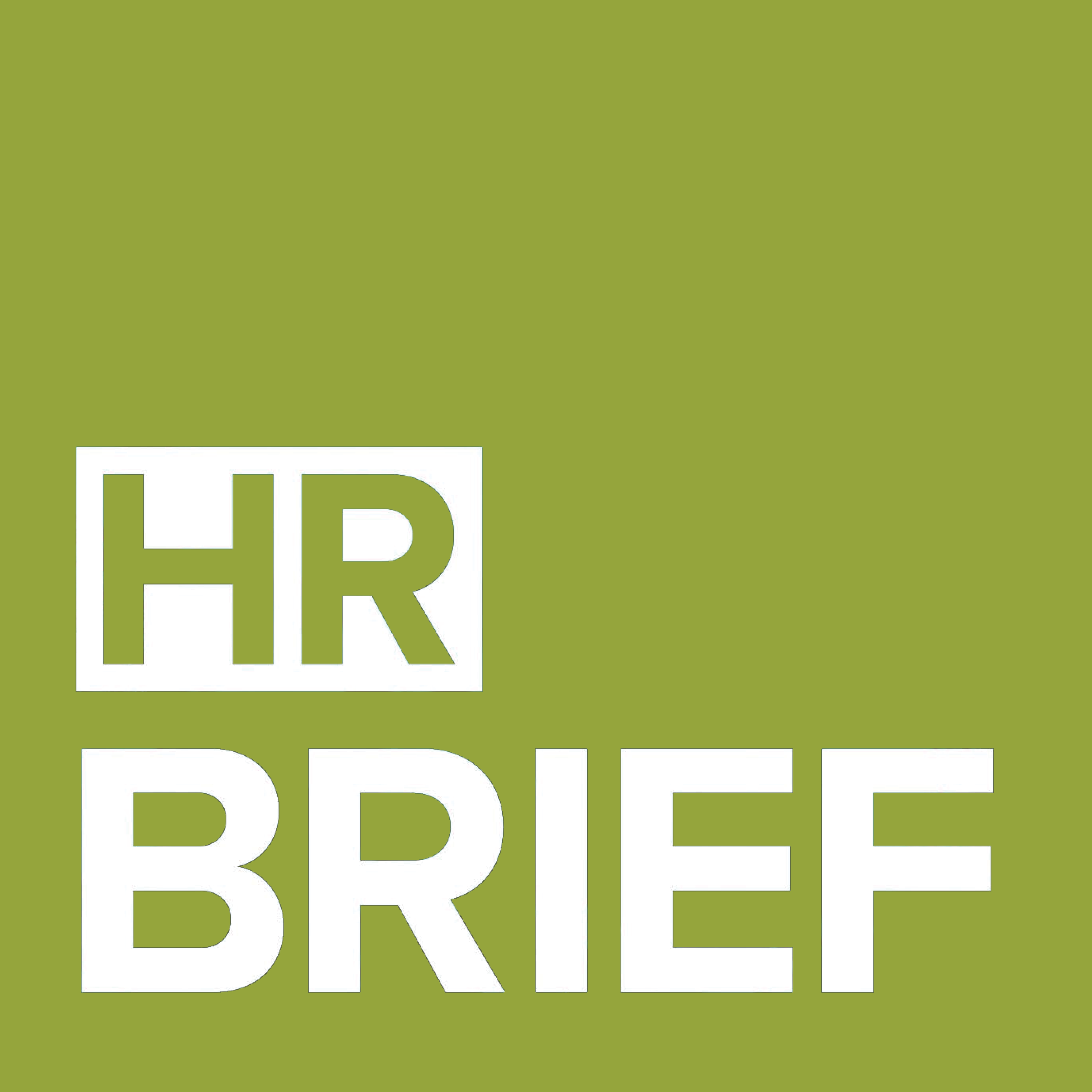
This month’s HR Brief looks at the new coronavirus relief laws and provides best practices for employers during the COVID-19 pandemic.
Download the full version of this HR Brief
New Coronavirus Relief Laws Require Paid Employee Leave
As part of sweeping legislation—the Families First Coronavirus Response Act—signed into law by President Donald Trump, two laws were enacted that provide workers with paid leave for reasons related to coronavirus disease 2019 (COVID-19).
One of the new leave provisions, the “Emergency Family and Medical Leave Expansion Act,” allows 12 weeks of partially compensated FMLA leave to care for a child whose school or child care facility has been closed due to COVID-19. The leave applies only to workers who have been employed by their current employer for 30 days.
The other new law providing employee leave, the “Emergency Paid Sick Leave Act” requires employers to provide 80 hours of paid sick time to employees in specified circumstances, including:
- There is a quarantine or isolation order for the employee or someone the employee is caring for related to COVID-19;
- An employee has received medical advice to self-quarantine related to COVID-19;
- The employee has symptoms of COVID-19;
- The employee’s child’s school or child care facility is closed or unavailable for reasons related to COVID-19; or
- A specified substantially similar condition.
Employers with 500 employees or more are exempt from the laws, and employers may exclude employees who are health care providers and emergency responders. The laws take effect within 15 days of passage; the leave benefits will expire on Dec. 31, 2020.
Best Practices for Addressing the COVID-19 Pandemic
As the number of U.S. COVID-19 cases grows daily, employment is rapidly changing. While local governments temporarily adjust laws and guidelines, businesses across the country are implementing plans to keep their employees healthy.
Statistically speaking, the best way to prevent the spread of COVID-19 is to minimize person-to-person contact. As such, employers are using the following strategies to encourage employees to stay home:
- Expanding telecommuting policies to ensure as many employees as possible are working from home
- Highlighting benefits offerings that employees might not know about, including short-term disability
- Expanding leave policies, including allowing negative balances in paid time off banks
- Offering financial incentives for employees to stay home and not come into the office
Unfortunately, having employees work remotely isn’t always an option. Here are steps individuals can take to slow the spread of COVID-19:
- Practice social distancing, maintaining six feet or more of distance from others
- Not touching their eyes, nose or mouth
- Avoiding contact with those who are sick
- Washing their hands often with soap and water
Unfortunately, there is no known vaccine for a human-contracted coronavirus, making precautions that much more critical. Proactive steps could save an organization countless hours of lost productivity.

